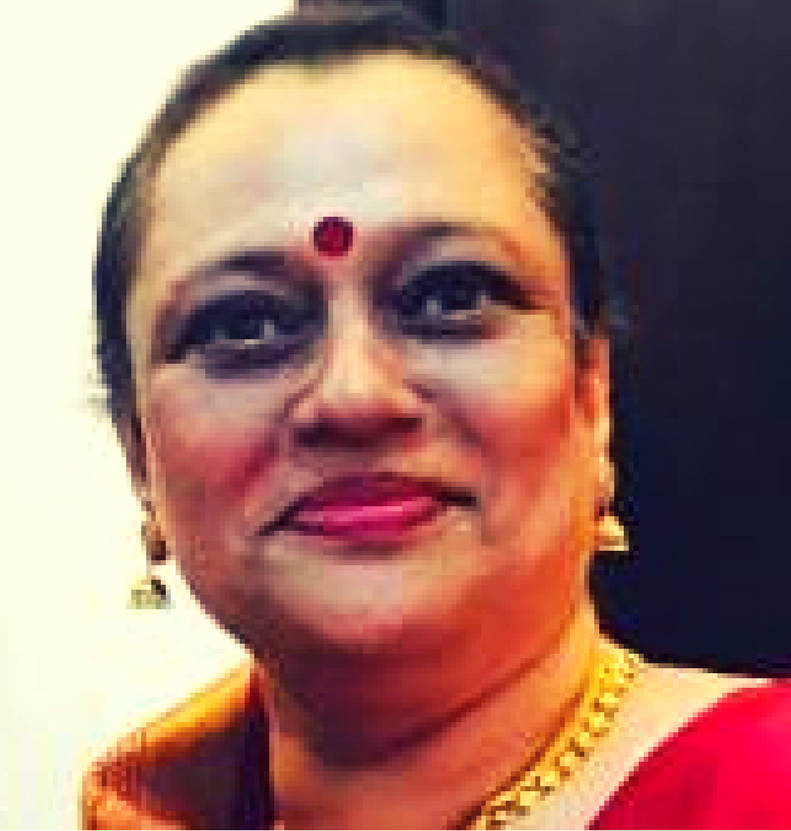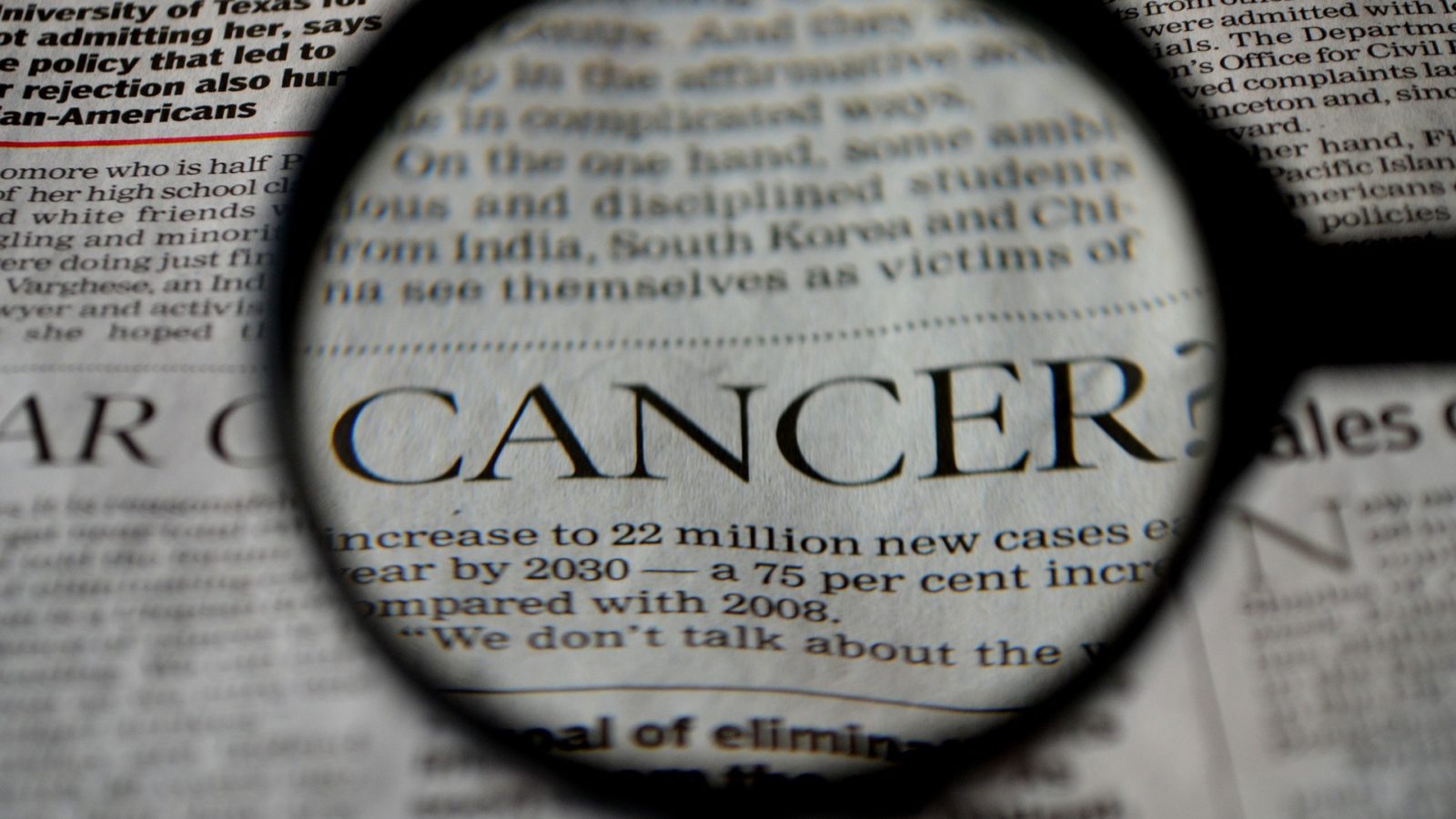Life is a summation of experiences. Each experience is a step which helps us advance in our journey through life. We can never predict what will happen to us. We cannot control what challenges will be thrown at us. But how we respond to these happenings is totally within our control. We can choose how we wish to respond to the challenges. We can wallow in self-pity and wail: Why did this happen to me?
Or we can graciously accept whatever has happened and face it with strength and determination. To choose our attitude given a set of circumstances is a freedom we have always.
My life had been a rollercoaster ride. My parents ensured I had strong roots and encouraged me to fly. I studied in premier institutes and worked in prestigious organisations (two of the Big 4 consulting firms included). A caring husband and a remarkable daughter (who is 13 now) completed my immediate family. In addition, I was surrounded by a loving extended family and supportive friends.
Then suddenly when cancer struck I was taken aback. For the first few weeks, I refused to meet anybody. I could not understand what was happening! The doctors said they don’t know why it happened. How is an effect possible without a cause? I wondered.
And to top it all, I had to endure chemotherapy! It is a treatment that debilitates while ‘curing’. It is a treatment that manifests different side effects in different individuals. It is a treatment that manifests different side effects in the same individual in different cycles. And no one knows who will be afflicted with which side effect and when!
I have always been in control of my life. And now things were totally beyond my comprehension.
In the words of Victor Frankl: Between stimulus and response, there is a space. In that space is our power to choose our response. In our response lies our growth and our freedom.
I had to first understand the treatment. I learnt about all the side effects of chemotherapy and how to address them. I learnt that the first week would always be difficult—lethargy, food tasting like cardboard, no energy to talk, no desire to read or to see TV… I learnt that slowly the effects would wane and by the third week, I would be strong enough to face the next chemo.
After regaining my strength and fortitude I was able to pause and express gratitude. I was grateful that the type and stage of cancer I had was curable. I was grateful that the side effects of chemotherapy I experienced were bearable. I was grateful that my husband was on a sabbatical and was available as a dedicated caregiver. I was grateful that my doctors were decisive and had pleasing personalities. I was grateful that my daughter was strong and took things in her stride. I was grateful that friends, family and even strangers prayed for me. I was grateful for all the support extended by all my friends. I was grateful that we had adequate health insurance.
My second quest was to understand why. Why cancer? Why me? The medical fraternity has no answers about why cancer happens. So it was up to me to make sense of the madness around me. Books like Heal Your Life by Louise Hay, The Journey by Brandon Bays, and The Power of Your Subconscious Mind by Joseph Murray came my way. The realisation that our thoughts and emotions have an effect on our health and body was enlightening.
I read My Cancer is Me and learnt about focusing on the symbolic (associative) aspects rather than the liner (causative) aspects. The lymphatic system is a part of the circulatory and immune systems. Lymphoma (the type of cancer I had) occurs when the infection-fighting cells change and grow out of control. The symbolism, therefore, points to vitality, dynamism and flow. I indulged in serious introspection to determine what was not flowing in my life and why. I am nowhere near done, but I am sure I will achieve what I have sought to achieve.
Anxious and distressed feelings trigger a fight-or-flight response that releases the hormones called cortisol and adrenaline. Our immune system detects these chemical agents as threatening and galvanises itself to launch an immune response. Meanwhile, illness strikes. Our bodies also produce ‘feel-good’ hormones called endorphins which can neutralise and balance the stress hormones. Changes in our lifestyle and habits can have a dramatic positive impact on the adrenaline-endorphin balance, significantly improving our coping resources.
If I have a negative thought I immediately bring five to six positive thoughts and the negative thought is gone. I indulge in a lot of colouring. I chant. I meditate. I do breathing exercises. I see happy movies. I read inspirational books. I go for daily walks. I do periodic cleansing of the body internally. I eat freshly cooked, homemade meals as much as possible. I try to have a rainbow diet. I have fun without alcohol. I maintain a daily gratitude journal. I start and end the day with gratitude. I do the daily Sudoku and Kakuro. I have joined an active book club.
I would like to tell the readers that the body is our most important instrument. Nourish it. Nurture it. Treat your body as a temple. Don’t deny yourself anything. But do everything in moderation.
What is to give light must endure burning. I have turned my challenging cancer experiences into a springboard for personal growth. I am now a cancer coach and wellness counsellor and help cancer thrivers to fortify the inner self. I also run a Facebook page called JoyHamesha to help maximum people find maximum happiness for the maximum amount of time.
Want to share your story of how you thrive? Write to us at [email protected]
More on Thrive Global India:
Vishy Anand May Look Calm, But There’s a Battle Inside
What Do You Care What Other People Think?
Five Rules from Amitabh Kant’s Success Handbook
Don’t Wait Till You’re 60 to Turn to Spirituality: Neerja Birla


